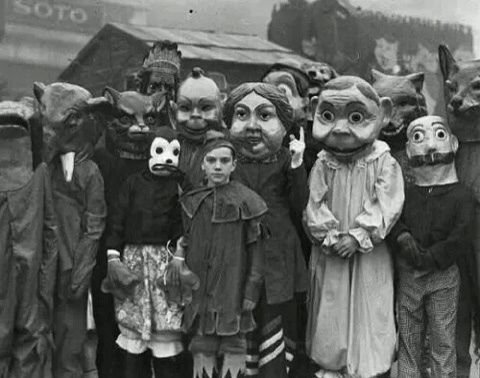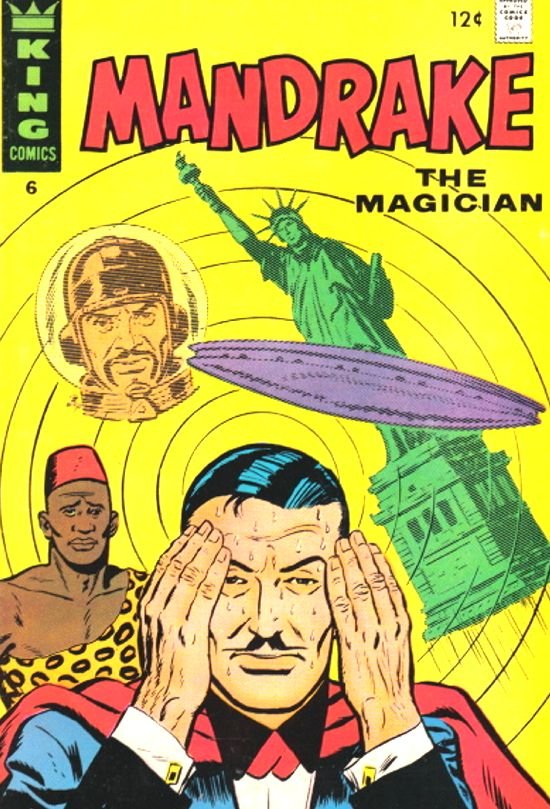Our house in Glenrose was positioned between two families that operated large commercial greenhouses. Beyond these in both directions were extensive woods interspersed with small farms and residences. My mother promptly joined the Glenrose Women's Club, whose principal task appeared to be making the black and white, stenciled directional signs that designated names of rural roads and lanes.
We moved from Spirit Lake in the summer, and I had a few months to become an acculturated Spokaneite before school began in the fall. My mother was gregarious, and made friends easily. My father not so much. He eventually earned a license to sell real estate, and joined the firm F. S. Barrett & Co. Nearby neighbors the Kellys were the first targets of my mother's kindly attention. They had two children, both younger than me, Eddie and Dixie. Beyond the Kelly's was Cherry Lane, where a large Catholic family, the Geses, lived. There were more families further down this primarily residential street, including that of Washington State Democratic politician William Scott Day. Bill Day's son Dan was a big kid, a bully who once slugged me after he was forced by his father to put down a horse that had broken its foot. Bill Day watched his son punch a young boy much smaller than he was, without intervention or admonishment. Can an irresponsible parent be a responsible political leader?
During those long summers I would play a game with my little sister Marisa. It involved taking a walk through the alfalfa fields to the pear orchards. We would traverse the orchard in a certain way, circling the trees in a specific pattern. I would provide the narrative. The way that we circled the trees would open the door to another world. That new world would be decorated with the inventions of our imagination, and peopled with its creatures. Marisa never seemed to tire of this game, a pure product of fantasy where nothing and everything was different. I don't remember playing this game beyond one summer, when I was perhaps seven years old and she was four.
Soon summer shaded into fall, and chilly mornings spent at the intersection of 29th and Glenrose Drive, waiting for the school bus to arrive. It was a novelty that soon became routine, a noisy ride that wended its way up the hill toward Morning Star Boys Ranch, then back down the hill and past Tower Mountain. We picked up the Carter kids, Ray Castle, Peggy and Danny Stark, Rich Bennion, and on and on, until we were deposited at 36th Street, across the parking lot of Adams Elementary.
The bus ride was where exposure to the cruel hierarchies of social status were first established, through teasing and fights, differences in family wealth as expressed in clothes and toys, but most of all in attitudes and entitlement. There were times when the walk down the aisle of the school bus resembled a gauntlet of casual humiliations. At other times I could hide behind conversations with friends or burying myself in reading.
On one occasion the bus came upon the mailman's delivery van, which had veered off the road and a few yards into an open field. The mailman himself was sitting in the driver's seat, dead of a heart attack. We could see his pasty gray, gaunt face, the sunken eyes open and staring at nothingness. The school bus was the first on the scene, and we had to wait while the driver summoned help.
My first day of class at Adams Elementary was not memorable. The homeroom teacher was an elderly lady named Mrs. Hart. As the year wore on, Mrs. Hart became more and more emotionally fragile, and the natural careening chaos that a group of seven-year olds could create would frequently send her to the coat closet, crying amidst the lunchboxes and galoshes. About two thirds into the school year Mrs. Hart was replaced by another woman whose name I forget. We learned that Mrs. Hart had died. The students wondered if we had driven her to it, and talked amongst ourselves about possible guilt.
My second year at Adams Elementary was presided over by another Mrs. Heart, different spelling (as I recall.) She was small, round and energetic, with a constant unflappable smile that forever pursed her lips. Despite her positive attitude, I was doing poorly. I couldn't keep up with the class, and spent the day drawing at my desk, lost in my imagination. By this time I had succeeded at developing a means of shutting everything out while I read or drew. My mother had to scream at me multiple times to drag me away from my intense absorption.
Because of my failing studies Mrs. Heart recommended that I participate in a psychological evaluation, which was conducted at Lewis and Clark High School on a Saturday. My mother agreed, and drove me to the sessions. The evaluation spanned a few weekends, and consisted of verbal, memory retention, object matching and other cognitive tests. The results were discussed between Mrs. Heart, my mother and myself. According to the psychologists that had conducted the study, I was functioning in some areas at early high school level. The likely reason that I was doing poorly was because I was bored with the class material, which was geared to the average third grader. My mother was given the option of moving me up a few grades. She declined, thinking that I wasn't emotionally or socially ready for that kind of change. It was a good decision, and it was agreed that I would be given more challenging material. Mrs. Heart also recommended that my siblings not be told about this, for fear of inciting jealousies. I later learned from one of my sisters that Bobby had overheard my aunt and mother talking about it, and it further strained the one-sided rivalry that our relationship had become.
At about the same time, a new system of reading instruction was introduced, one based on color coded reading materials of varying complexity and sophistication. It was seen as a way of presenting more challenging material to students that could handle it, without stigmatizing the less capable students. It was obvious to me what the game was, but I enjoyed the more challenging lessons, and was able to engage with my studies. This is not to say that I excelled. I was still far more interested in drawing and my own reading predilections than what was presented in class, and our weekly trip to the school library was my favorite activity. We were allowed to check out books two at a time, and I read Mrs. Piggle-Wiggle, Dr. Seuss and other books from the era. One favorite was Dr. Seuss' On Beyond Zebra. The idea of an alphabet that existed beyond the established one fascinated me.
I had also developed an interest in puppetry, and read books on how to make them, puppet play-scripts, staging techniques etc. Another obsessions was magic tricks. I had been to see a performance in the auditorium of the Chamber of Commerce Building, of someone that went by the stage name of Mandrake, borrowed from the comic book character. I read books on magic and prestidigitation, ordered a how-to pamphlet on hypnosis from the back pages of a comic, and prevailed on my parents to buy me a set of magic tricks for Christmas.
There were two places that my mother would take me that would continue to fascinate me. Fun & Fancy was a novelty shop that sold handshake buzzers, squirting rings, marked poker decks, fake vomit and rubber dog poop. Fun & Fancy also had a section devoted to magic tricks, some quite sophisticated (and expensive.) There was a place where the proprietor would demonstrate the tricks; a pitcher with disappearing milk, a top hat with a false bottom, a guillotine that left a cigarette intact. Fun & Fancy became the recipient of a large part of my weekly allowance for a few years.
The second place that we visited, but less frequently, was Sammy Masuto's Costume Rental. Masuto's also sold theatrical supplies, like nose putty, wigs and false whiskers. I loved the idea of becoming someone or something else, much as I had attempted with dirt cigarettes and fake five-o'clock shadow when I was five. Halloween was my favorite holiday, both because of the dress-up, but also because of the sense of nostalgia conjured by the images in Highlights magazine, of scarecrows in abandoned and barren fields, and pumpkins decorating fenceposts. I would have continued playing trick or treat into my teen years, if it had not been for the intervention and ridicule I received in fifth grade from my then best friends Bruce Redding and Curt Hanson. Despite my supposed level of cognitive ability, I retained an interest in childish things long after those same interests had faded in others.
"Fake it 'til you make it" is a common aphorism now, but it is essentially the way of the world, at least the world of growing up. The child learns to pretend to be an adult, or a doctor, fireman, cook or nurse, long before becoming one. Because of the labyrinthine complexity of the human condition, one disguise is laid atop another, and another, a palimpsest of assumed identities, until in the end one tears through the gauzy façades seeking a bottom that never materializes.





